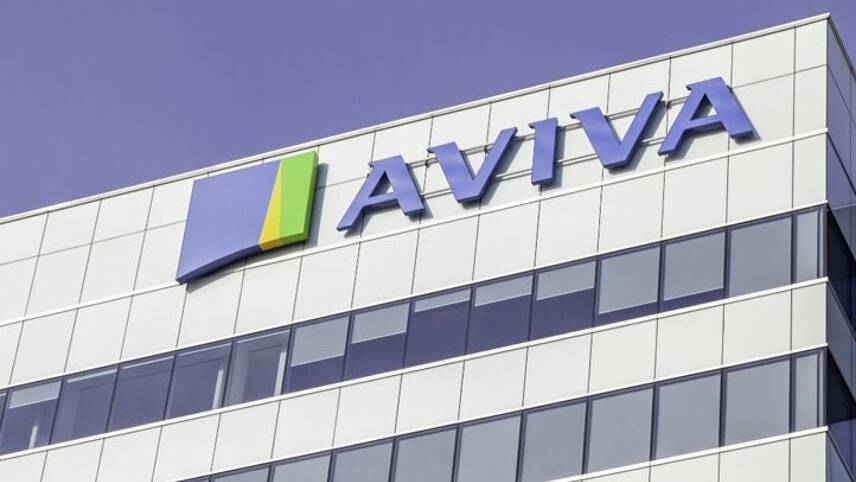Register for free and continue reading
Join our growing army of changemakers and get unlimited access to our premium content

Companies from the oil and gas
Aviva investors will require companies it invests in to deliver net-zero across all three scopes by 2050 while also creating transition roadmaps that set out intermediate steps to decarbonise.
A programme will be issued by the investors, which will run for between one and three years based on corporate progress. Aviva has warned that non-responsive businesses or those that do not comply quickly enough will be ‘escalated’, with divestment a possibility. Aviva states that divestments will apply across both equity and debt exposures.
Companies from the oil and gas, metals, mining and utilities sectors will all be subjected to the programme and will be required to set science-based targets covering the full carbon footprint of the businesses. Adjustments to management incentives and lobbying activities will also need to be demonstrated.
Progress will be monitored on a six-monthly basis, giving Aviva time to decide if escalation or divestment is required.
Aviva Investors’ global head of ESG research Mirza Baig said: “Aviva Investors’ ESG philosophy promotes the relative merits of engagement over divestment as the more effective mechanism of delivering positive change and outcomes for our clients and society.
“Engagement provides us the opportunity to partner with companies as they navigate the challenges of transition. However, for our engagement approach to have impact, it must be accompanied by a robust escalation process, including the ultimate sanction of divestment.”
Both public and private pressure for divestment are mounting. Aviva joins the likes of Scottish Widows and BlackRock in pledging to divest from companies failing to align with a low-carbon trajectory.
On the public front, groups like Extinction Rebellion and Make My Money Matter are engaging with individuals and organisations to push for divestment. Divestment processes have been confirmed by the Church of England and by several of the UK’s higher education bodies, including Oxford University, the University of Manchester, the University of Gloucestershire and the University of Cambridge.
Net-zero aligned
Last month, Aviva Investors published plans for reaching net-zero across the entirety of its £47.3bn Real Assets Platform by 2040 – a commitment it made by signing up to the Better Buildings Partnership’s Climate Commitment.
Aviva Investors will funnel £2.5bn into low-carbon into low-carbon and renewable energy infrastructure and buildings for the sector, as well as creating £1bn of climate-transition-focussed loans for utilities and the built environment, by 2025. For context, the business provided £200m of climate-transition-focussed debt during 2020.
Also detailed in the plans are commitments to help the real estate assets in the Platform reduce their carbon intensity by 30% and energy intensity by 10%, and to increase the clean energy generation capacity of financed assets in the UK and Europe from 730MW to 1.5GW. The commitments have a 2025 deadline and a 2020 baseline.
The investing giant has previously lobbied for Ministers to include a requirement that all auto-enrolment default pension funds are net-zero aligned in the Pension Schemes Bill.
Matt Mace


Please login or Register to leave a comment.